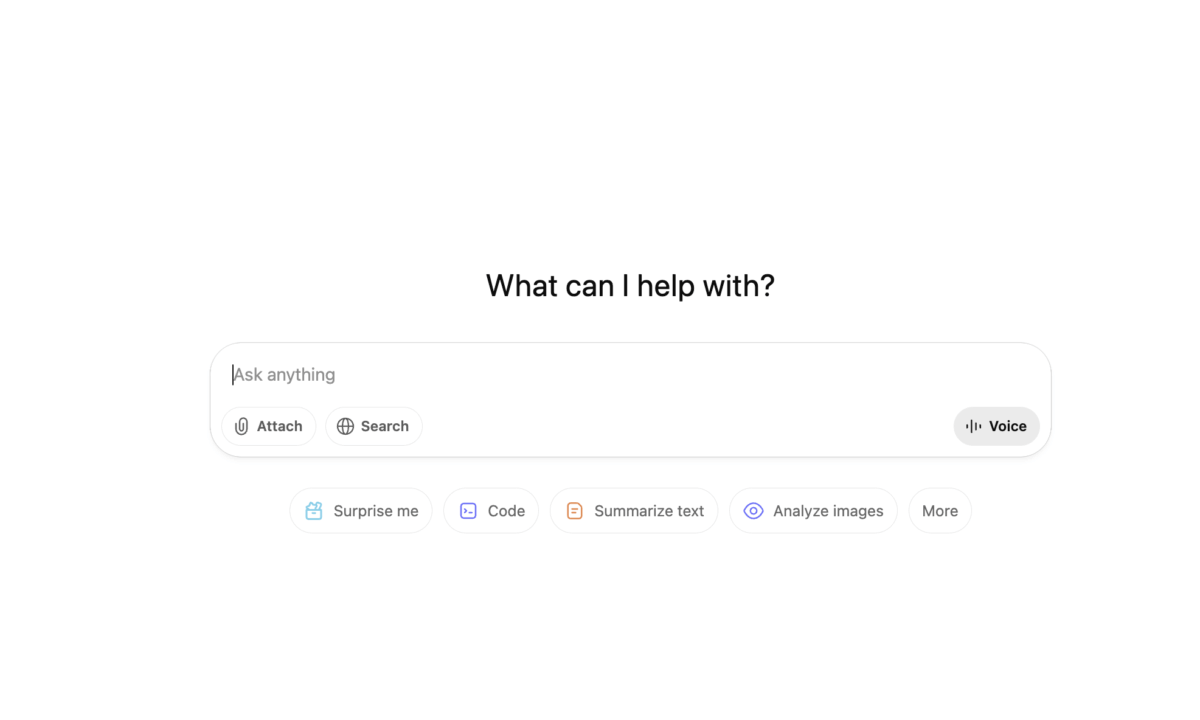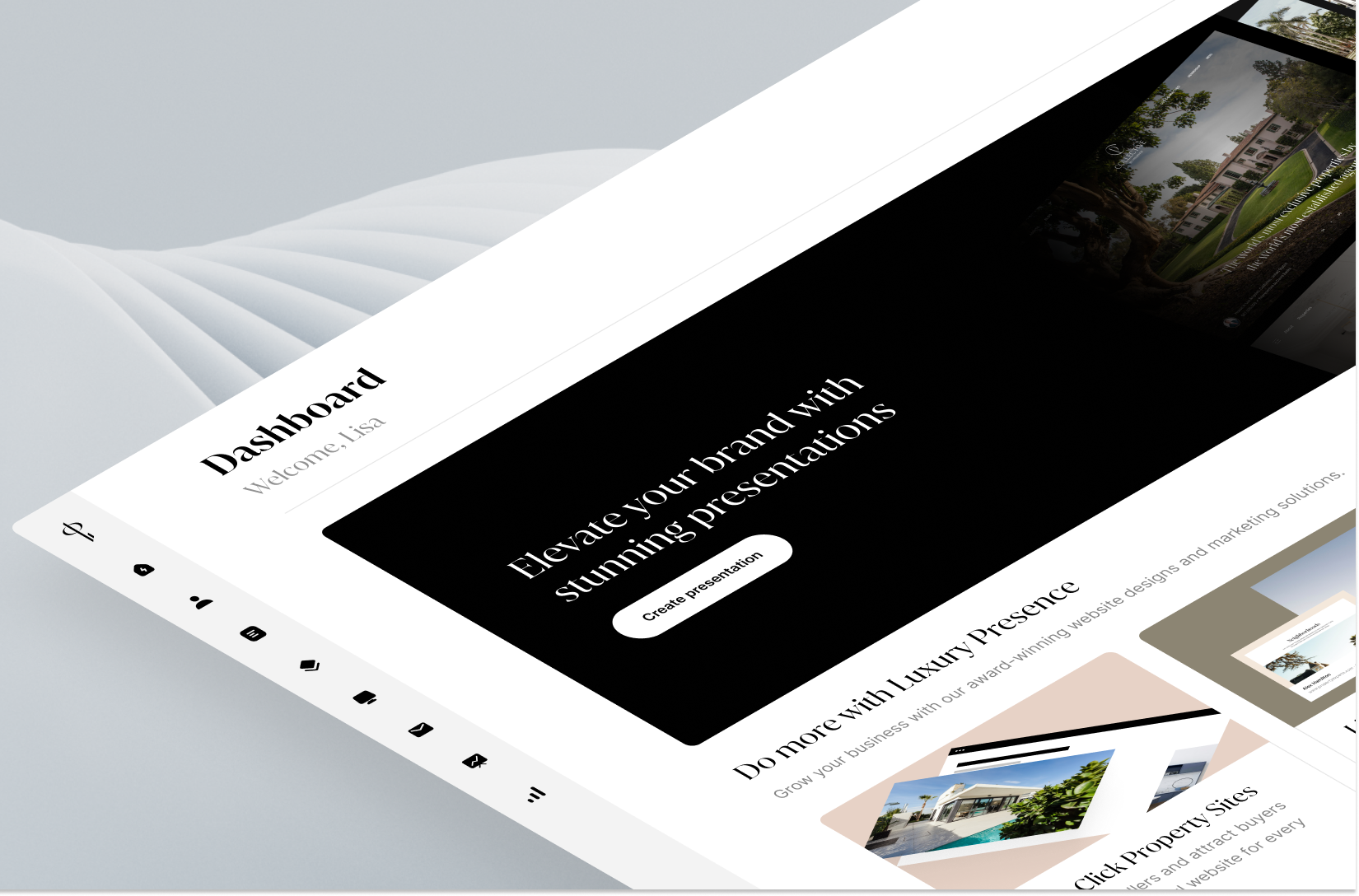Now you understand the benefits a simple collection of landing pages can bring you, it’s time to go over the features that constitute a top-notch real estate website.
1. Compelling Website Design
The first thing on our list is design. First impressions matter on the internet as much as they do in real life. And if you can’t capture your audience’s attention in the ever-competitive environment of real estate, you may end up occupying the backseat in your customer’s mind.
2. Solid UI/UX Design
The next crucial piece to the puzzle is solid UI/UX design. The user interface is what potential customers and website visitors will interact with when they arrive on your site. It is always essential to have a well-linked, responsive set of pages, with all its navigational features intact. A lousy interface design will be burned into the minds of your site visitors forever, so it does pay to give this factor a little more love and attention.
3. Engaging Copy
As we mentioned a little earlier, capturing your audience’s attention is essential to any business in this day and age. Having effective and magnetic copy helps to inform your potential customers of your services in a way that keeps them interested. Your flair for words can go a long way in boosting conversions and sales.
4. SEO-Optimized
There’s also something called search engine optimization (SEO) that comes into play here. Google is one of the most prominent avenues through which users land on websites that satisfy what they’re searching for. And with search engines presenting so many options to choose from with every search result page, SEO helps you get your real estate website to the top of the list, where all the eyeballs are.
5. Social Media Integration
Today, it’s difficult to imagine a successful website that doesn’t integrate social media in some way or another. Integrating social media feeds or buttons on your website increases your website’s visibility and makes it more accessible to potential customers.
6. Property Listing/IDX Integration
Customers visit real estate websites to look for properties, so it makes sense that your website has an up-to-date, well-organized, and easily accessible property listing page. Having an IDX feature on your site would give your customers access to MLS listings, letting them know that you are ready to help them once they find a property they like.




